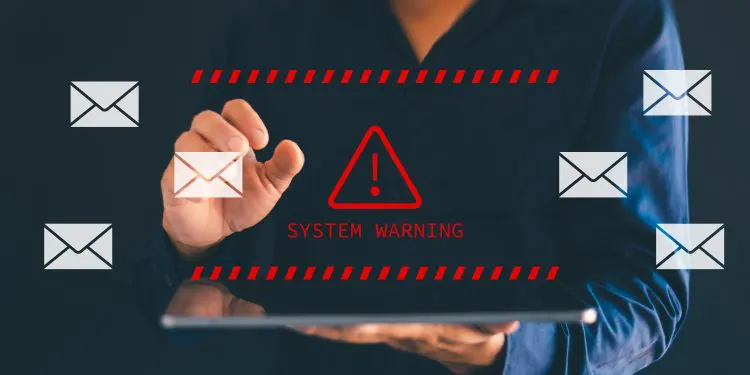
Criminals are increasingly impersonating retailers to scam consumers out of money. According to the Federal Trade Commission, Best Buy, Amazon, and PayPal were among the retailers impersonated the most last year. These three companies alone were named in 98,000 fraud reports. However, the most damage was done when criminals impersonated Microsoft or Publishers Clearing House.
Those impersonating Microsoft sent fake pop-up security alerts to individuals’ computers, directing them to call a number for assistance. Once the targets called the number, the criminals manipulated them into sending significant amounts of money. According to the FTC, Microsoft impersonation scams cost consumers a total of $60 million in 2023.
“Criminals have gotten so advanced in the way they craft their messaging,” said Suzanne Sando, Senior Fraud and Security Analyst at Javelin Strategy & Research. “They create a sense of urgency in their target that’s difficult to ignore. It can be hard for consumers to determine if an alert about a critical software update, for example, is real or fake.”
Piquing Curiosity
Modern-day fraud is hard to detect because scammers use a variety of tactics. The FTC found that criminals posing as Best Buy’s Geek Squad sent emails notifying customers that one of their computer subscriptions was about to expire. Consumers often sent hundreds of dollars before realizing they were renewing services they never signed up for.
“We order so much and have all these subscriptions, and its hard to keep track of everything,” Sando said. “Well-crafted fraudulent emails can often pique a customer’s curiosity. Consumers wonder if they really ordered the item, and that curiosity is enough to get them to click on the link in the email or the text.”
Do Without
Rounding out the top ten most impersonated companies were Norton/Lifelock, Apple, Comcast/Xfinity, Bank of America, and Wells Fargo. Total consumer losses from scams involving impersonation of just the top 10 companies amounted to $208 million in 2023.
Due to the significant financial damage fraud can inflict, companies across all industries have banded together to stem the tide. While technology and protocols are key components of fraud prevention, consumer education might be the most critical.
“If you’re not sure if you ordered the package, check your orders on Amazon instead of clicking the link,” Sando said. “When scammers call impersonating Publishers Clearing House and say you’ve won the sweepstakes, they’re trying to flatter you into making a mistake. The best advice is if it feels off, it probably is. And when in doubt, do without.”
